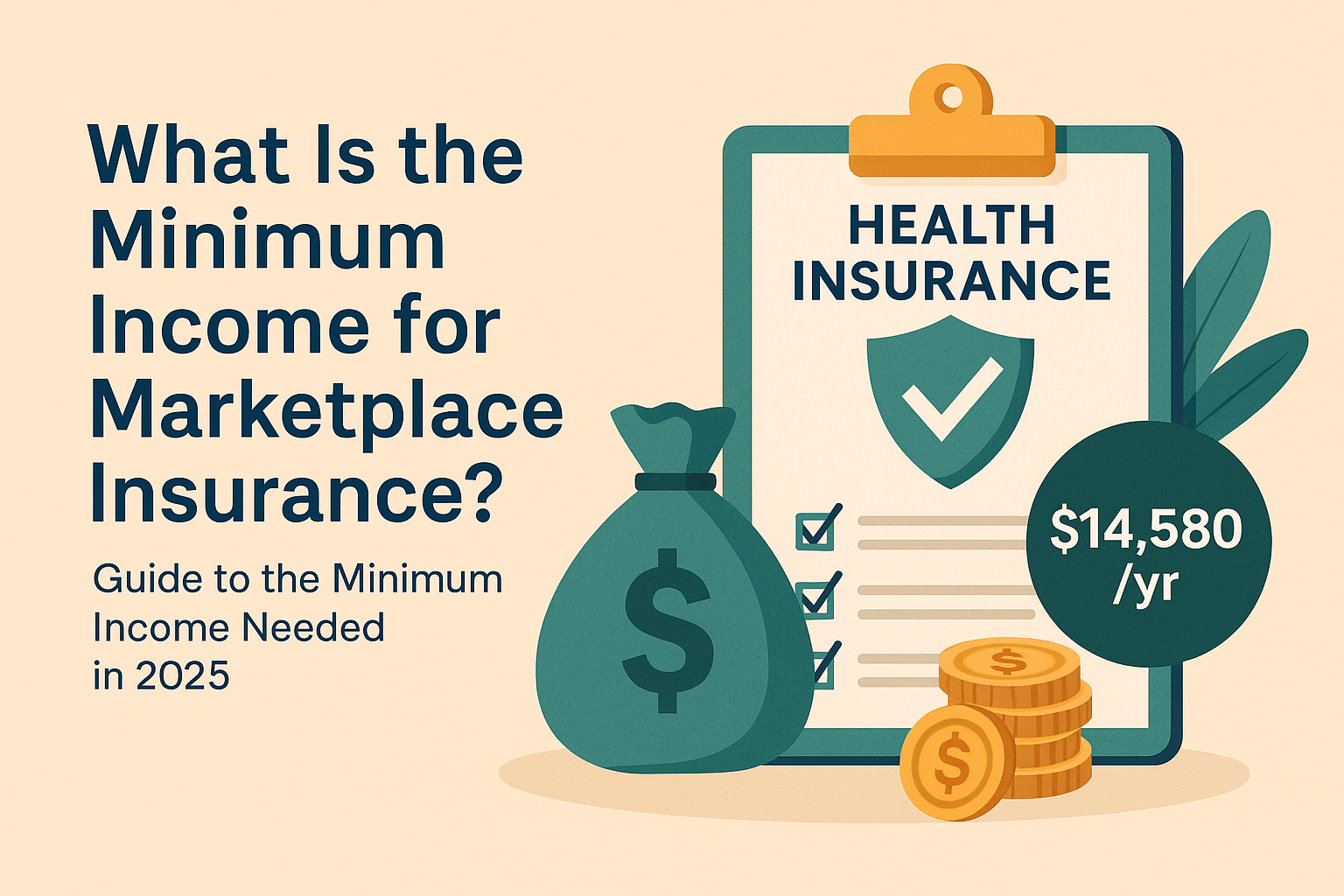Own a small business? Learn how to get affordable health insurance for yourself and your employees with this simple guide for 2025.
Introduction
Running a small business is exciting, but it also comes with a lot of responsibilities—including figuring out health insurance. If you’re self-employed or have a few employees, you may be wondering how to get health coverage that’s both affordable and useful. It can seem confusing at first, but don’t worry. This guide will explain your options in clear and easy language, so you know exactly how to get health insurance for yourself and possibly your team.
1. Can a Small Business Owner Get Health Insurance?
Yes! Whether you have just yourself or a few employees, there are several ways to get health insurance. You can buy a plan for yourself, offer coverage to your workers, or even get group plans as a business. The right choice depends on your size, budget, and needs.
2. Individual Health Plans for Self-Employed Owners
If you don’t have employees, you can shop for an individual health plan through the Health Insurance Marketplace (Healthcare.gov or your state’s exchange). These plans offer different coverage levels (Bronze, Silver, Gold, Platinum) and may include financial help if your income qualifies.
3. Small Business Health Options Program (SHOP)
If you want to offer health insurance to your employees, you can use the SHOP Marketplace. This government program helps businesses with 1–50 employees find group health plans. Offering benefits can help attract good workers and may come with tax advantages too.
4. Health Insurance Through Associations
Some business or trade associations offer health insurance plans to their members. If you belong to a group like a local chamber of commerce or a professional network, ask if they offer plans. These may be more affordable than buying coverage on your own.
5. Health Reimbursement Arrangements (HRAs)
HRAs allow small business owners to reimburse employees for health insurance and medical costs. You decide how much money to give, and employees choose their own plans. This is a flexible way to offer health benefits without managing a group plan.
6. Using a Private Insurance Broker
If you’re unsure where to start, a licensed insurance broker can help you understand all your options. Brokers can guide you through individual plans, SHOP options, and private plans. Many don’t charge you anything because they’re paid by the insurance companies.
7. Tax Benefits for Offering Coverage
Health insurance costs can often be deducted as a business expense. Plus, if you use the SHOP program, you might qualify for the Small Business Health Care Tax Credit, which can save you up to 50% of your premium costs if you meet the requirements.
8. Coverage for Just You and Your Family
If you’re a one-person business with no employees, your best option may be a personal Marketplace plan. These plans give you the same protections as employer plans and often include dental and vision options.
9. Group Health Plans for 2–50 Employees
If you have employees and want to provide traditional group health coverage, many insurance companies offer group plans for small businesses. You’ll pay part of the premium, and your employees pay the rest. It’s a great way to keep your team happy and healthy.
10. Considerations Before You Choose
Think about your budget, how many people you want to cover, and what level of care you need. Make a list of must-have features—like prescription coverage or access to certain doctors—and compare plans carefully. It’s okay to start small and expand later.
FAQs: Health Insurance for Small Business Owners
Do I have to offer insurance to employees?
No, small businesses with fewer than 50 employees are not required to offer health insurance. But offering it can be a great way to support your team and attract talent.
Can I write off my health insurance premiums?
Yes. If you’re self-employed, you may be able to deduct your health insurance premiums on your taxes.
What’s the difference between SHOP and the regular Marketplace?
The regular Marketplace is for individuals and families. SHOP is for small businesses that want to offer coverage to employees.
What if I can’t afford group coverage?
You can still help employees by using an HRA or guiding them to the individual Marketplace, where they might qualify for subsidies.
Is it hard to manage a group health plan?
It depends on the provider, but many insurers make it easy with online tools and customer support. You can also work with a broker to help manage it.
Conclusion
Getting health insurance as a small business owner doesn’t have to be complicated. Whether you’re just covering yourself or offering benefits to your team, there are many options available. From the individual Marketplace to the SHOP program and HRAs, the right plan is out there. Take your time to explore, compare costs, and talk to experts if needed. A good health plan protects both your business and your well-being.




